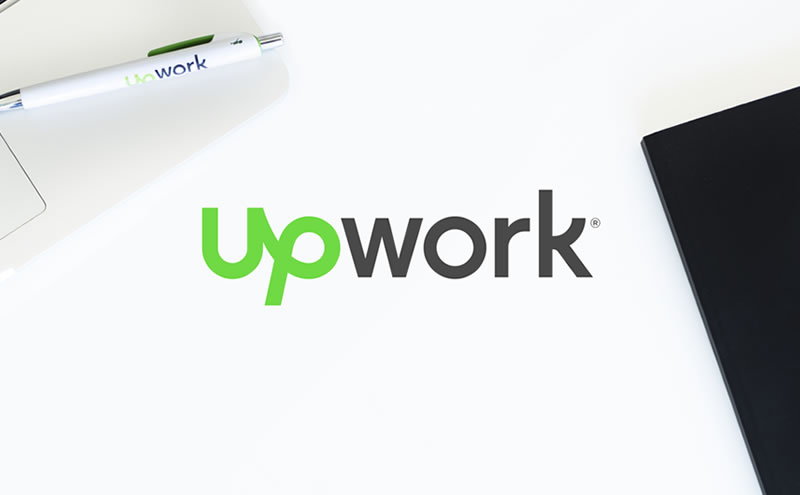Freelancing has never been more popular than it is today. Tens of millions of people all over the world are offering their services and time for sale, and increasingly more companies are willing to fill the skill and knowledge gaps with outside help.
New companies pop up every day, promising to revolutionize the market. Yet, Upwork, with four name changes since its inception, has been matching freelancers with clients for 20 years and currently works on bringing gig economy offerings to the largest companies in the US.

2020 continues to be an excellent year for Upwork (NASDAQ: UPWK) – a popular destination for freelance services. Revenues are up 22% with its freelancer marketplace bringing the lion’s share of revenues. The cost of revenue also grew consistently with revenue. Upwork ramped up spending on R&D (27%) and Sales & Marketing (40%). Such increases in spending resulted in more significant losses ($11.8 million in 2019 to $23.6 million in 2020).
Increased spending across all categories indicates the level of confidence the company’s leadership has, despite the ongoing pandemic and patchy recovery prospects.
Since Upwork’s current CEO, Hayden Brown, joined the company, the company’s strategy has changed. For years, the company battled the reputation of a place where cheap clients get cheap services. The reason for such reputation is not unfounded: Upwork is a global platform, and a freelancer from the Philippines can compete with a freelancer from California for the same job. Because of low entry barriers and the sheer size of the global freelancing market, the job postings often attract a varying range of skills.
The company’s goal is to reduce the overall number of freelancers on the platform and focus on larger, higher profitability projects, primarily meeting the needs of Fortune 500 companies. Such a strategy is understandable, as even though some businesses may want to get things done cheaper, for the majority, the central aspect remains the quality of the service they can expect.
Upwork is battling a double-sided problem trying to convince the highly skilled freelancers. They may have shunned away from it because of low reputation, and companies that need larger, longer, and more expensive projects and not just quick and straightforward gigs.
The demand-based operational model requires higher initial investments and a more complex marketing approach, as it targets more senior people in businesses, who are either decision-makers or at least influencers. Upwork much achieve this goal faster than the ongoing trend of declining numbers of work projects submitted to the platform, as it risks more significant exodus of freelancers to other providers.
Upwork continues to show strong growth amidst global pandemic and works on a complete overhaul of its current business model. Investors may expect the revenue growth to continue; however, operational costs are likely to keep the company in red too. Its managed services division has only shown very modest growth, compared to the much stronger result from its freelancer marketplace. The company will continue to be under pressure to deliver the results it promised.

















Rate this article